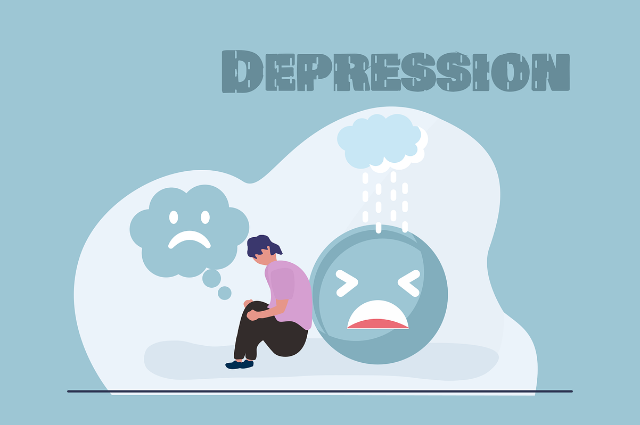
Image by Mahathelge Ahmad from Pixabay
In an era where physical health often takes precedence, the importance of mental health cannot be overstated. It's a cornerstone of overall well-being, influencing how we think, feel, and behave in our daily lives. This article explores the intricacies of mental health, from understanding common challenges to fostering resilience and seeking support.
Understanding Mental Health
- Mental Health Defined: Mental health refers to emotional, psychological, and social well-being. It affects how we handle stress, relate to others, and make choices. Good mental health contributes to a balanced life and enhances our ability to cope with challenges.
- Common Mental Health Disorders: Conditions such as anxiety disorders, depression, bipolar disorder, and schizophrenia are prevalent worldwide. Understanding symptoms and seeking timely treatment are crucial steps in managing these disorders effectively.
Anxiety disorders affect millions worldwide, characterized by excessive worry and fear.
Factors Influencing Mental Health
- Biological Factors: Genetics, brain chemistry, and hormonal imbalances can predispose individuals to mental health disorders.
- Environmental Factors: Stressful life events, trauma, childhood experiences, and socio-economic status can impact mental well-being.
- Lifestyle Factors: Diet, exercise, sleep patterns, and substance use significantly influence mental health outcomes.
Promoting Mental Well-being
- Self-care Practices: Engaging in activities like regular exercise, mindfulness meditation, adequate sleep, and maintaining a balanced diet can support mental health.
- Social Support: Building strong relationships, connecting with loved ones, and seeking support networks can alleviate feelings of loneliness and isolation.
- Professional Help: Consulting mental health professionals such as therapists, counselors, and psychiatrists is essential for diagnosis, treatment planning, and therapy.
Breaking the Stigma
- Education and Awareness: Promoting mental health literacy reduces stigma and encourages open discussions about mental health challenges.
- Advocacy and Support: Campaigns, organizations, and initiatives dedicated to mental health advocacy raise awareness and promote access to care.
Coping Strategies
- Cognitive Behavioral Techniques (CBT): CBT helps individuals identify and modify negative thought patterns and behaviors contributing to mental health issues.
- Stress Management: Techniques like deep breathing, progressive muscle relaxation, and time management skills can mitigate stress levels.
Thriving Despite Challenges
- Resilience: Cultivating resilience involves adapting positively to adversity, maintaining optimism, and developing coping skills.
- Mindfulness and Well-being: Practices like mindfulness meditation enhance awareness of the present moment, reduce stress, and promote emotional balance.
Seeking Help
- Recognizing Warning Signs: Persistent sadness, mood swings, changes in appetite or sleep patterns, and withdrawal from activities are signs that warrant professional evaluation.
- Accessing Resources: Helplines, crisis intervention services, and online resources provide immediate support and guidance during mental health crises.
The Role of Community and Policy
- Workplace Mental Health: Creating supportive work environments, offering employee assistance programs (EAPs), and reducing stigma in workplaces promote mental well-being.
- Policy Initiatives: Governments and organizations play a crucial role in funding mental health services, implementing policies for parity in health insurance coverage, and integrating mental health into primary care.
Conclusion
Nurturing mental health is an ongoing journey that requires understanding, resilience, and a supportive environment. By fostering awareness, breaking stigma, and promoting holistic well-being, individuals can thrive despite challenges. Whether through self-care practices, seeking professional help, or advocating for policy change, each step contributes to a healthier, more resilient society.
In closing, let us embrace the complexities of mental health with compassion and understanding. By prioritizing mental well-being, we pave the way for a brighter future where individuals can lead fulfilling lives, free from the constraints of untreated mental health challenges.
